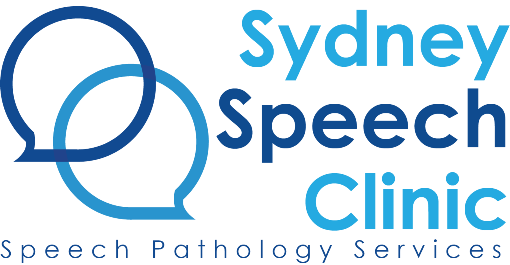Our literacy programs are designed for children who may benefit from extra support with reading, spelling and writing skills. We tailor the groups to suit the needs of the children. We may recommended a block of intensive sessions rather than a group depending on your child's needs.
Our Kindy, Year 1 and Year 2 children tend to need support with their earlier reading and spelling skills (phonics) whereas our Year 3 and above age groups often join groups more focused on reading comprehension and written language skills. When you enquire we can discuss the literacy program that may best suit your needs.
We use teaching principles from multiple evidence-based programs including 'Visualising & Verbalising' for reading comprehension, 'Sounds-Write' for phonics and programs such as 'Talk 4 Writing', 'Story Grammar Marker' and "SKILL Narrative" to help children practice their oral and written language skills in a fun and meaningful way.
We currently do not have any Literacy Group Programs scheduled.
A variety of goals are covered in the various Literacy Group and 1:1 Intensives Programs on the type of literacy program suited to your child's age and needs)
- To gain confidence with reading, spelling and writing
- To improve awareness of the sound to letter correspondences expected for age
- To develop stronger blending, segmenting and phoneme manipulation skills
- To increase awareness of strategies that can be used during reading comprehension tasks
- To develop a stronger understanding of different text types and the different 'toolkits' that can be used to enhance writing
- To gain confidence with developing an oral narrative using story grammar elements
- To clearly describe the macrostructure of a story
- To develop and apply techniques to improve microstructures of a story
- To provide more detailed descriptions of characters, setting and key events in stories


Print Concepts

Phonological Awareness

Sound to Letter Knowledge

Phonics

Written Expression (Creative Writing)

